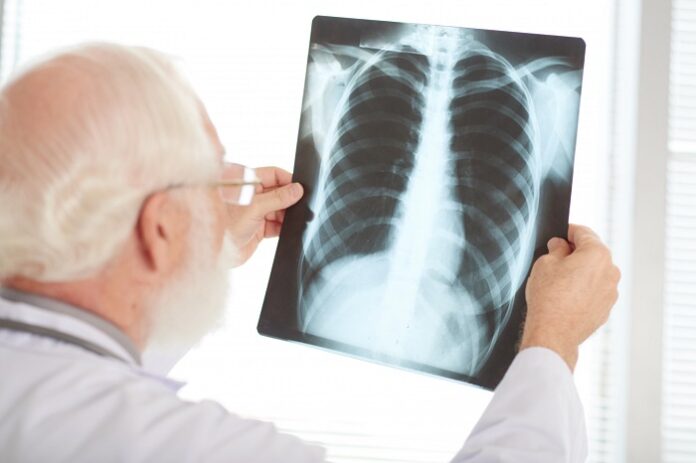A new strip test can now determine whether a tuberculosis (TB) patient has been taking their medication regularly. Additionally, another advanced test for TB detection from infections in blood, saliva, and stool samples. Meanwhile, drones are being deployed to deliver medicines and collect patient samples from remote areas.
Integrating Innovations into India’s TB Elimination Program
National experts have identified several groundbreaking technologies that may soon become part of India’s national TB elimination program. These innovations aim to enhance widespread screening and ensure consistent treatment follow-ups. Earlier this week, experts evaluated 228 global innovations, scoring them based on human-use readiness, cost-effectiveness, and feasibility for implementation in India.
Why These Innovations Matter
India aims to eliminate TB by 2025—five years ahead of the global target. According to Dr. Rajiv Bahl, Director-General of the Indian Council of Medical Research, the goal is to adopt better technologies to improve detection and treatment. Last year’s conference showcased 30 to 40 Indian innovations, including handheld X-rays, low-cost nucleic acid amplification tests (a type of RT-PCR test), and AI-powered X-ray interpretation. Many of these were successfully integrated into the national program during a 100-day campaign. This year, the search extended globally, identifying promising innovations.
Current TB Burden in India
Despite progress, India still has a long way to go in eliminating TB. In 2023, the estimated number of TB cases stood at 28 lakh, accounting for a significant portion of global cases. Additionally, 3.15 lakh deaths—nearly 29% of the global TB burden—were reported, according to the Global TB Report 2024.
Breakthrough Technologies in TB Detection
As reported by indianexpress, innovations such as AI-driven microscopy slide and X-ray analysis have greatly benefited remote areas with a shortage of healthcare professionals. Additionally, new screening methods now allow TB detection from blood, saliva, or stool samples. These alternative tests are crucial, particularly for children who struggle to produce sputum samples.
Ensuring Patients Stick to Medication
One of the biggest challenges in TB treatment is ensuring patients take their medication consistently for the required duration—anywhere between four months to two years, depending on the TB type. Many patients stop taking their medication once they start feeling better, leading to drug-resistant TB.
To address this, experts have selected a strip-based test for Rifampicin, a commonly used TB medication. When a patient’s saliva is placed on the strip, it confirms whether they have taken the medication in the last 24 hours. Other tests can check drug levels in the blood, helping ensure compliance.
Drones: Transforming TB Treatment in Remote Areas
A successful program in Telangana demonstrated the use of drones to deliver medicines and transport patient samples over extended periods. This technology ensures last-mile delivery and tracking, significantly improving TB management in hard-to-reach locations.
Advanced Drug-Resistance Detection with Next-Gen Sequencing
New sequencing technology can now identify resistance to 15 different anti-TB medications in one test. Currently, PCR tests only check for resistance to Rifampicin, a widely used TB drug. The next-generation sequencing (NGS) test also detects resistance to newer medications like the BPaL regimen, which shortens drug-resistant TB treatment to just six months.
Cost Considerations for Wider Implementation
Despite its benefits, the NGS test is unlikely to be included in India’s national program immediately due to its high cost—ranging from Rs 5,000 to 10,000 per patient. However, experts believe that costs will reduce over time, just as RT-PCR test prices dropped significantly from Rs 1,200–2,000 to as low as Rs 200 during the pandemic.
A Hopeful Future in the Fight Against TB
With these innovations, India is taking significant steps toward eliminating TB. Advanced diagnostics, AI, drones, and medication adherence tests are expected to improve early detection, enhance treatment compliance, and ensure effective disease management. While challenges remain, these breakthroughs provide a strong foundation for India’s ambitious goal of eradicating TB by 2025.
























